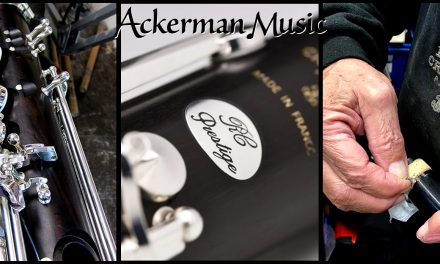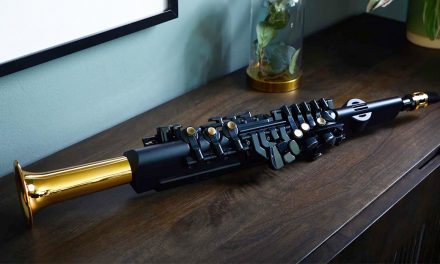General
Strings are largely a matter of personal preference. It is worth experimenting with different makes and tensions (gauges) of strings to find out what suits you and your guitar.
Strings for acoustic guitars
 Bronze wound strings usually have a brighter sound, however they generally do not last as long as phosphor bronze strings, which have a slightly mellower tone.
Bronze wound strings usually have a brighter sound, however they generally do not last as long as phosphor bronze strings, which have a slightly mellower tone.
Tension or gauges of strings can make a big difference to the sound of the guitar, but again is largely down to preference. New guitars usually have medium or light gauge strings on them, as the higher gauge strings would give a stronger and slightly brighter sound. Lighter gauge strings will make the guitar easier to play as you don’t have to press down as hard, but as a result may not have a strong sound and it increases the likelihood of fret buzz.
Can you put nylon strings on acoustic guitars? We do sell Monopole 797 ball end strings and Rotosound Superia ball end strings, but don’t expect a great sound though!
Strings for electric guitars
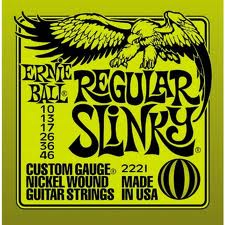 Strings for electric guitars are nickel wound rather than bronze. We also sell long life strings (Elixir).
Strings for electric guitars are nickel wound rather than bronze. We also sell long life strings (Elixir).
Tension or gauge of strings is again a matter of preference, but this is what most guitarists would choose-
- Lead guitarists who may use a lot of bends will go for lighter gauge (8-10)
- Beginners would go for gauge 9 or 10
- Heavy metal guitarists probably 10 upwards
Strings for bass guitar
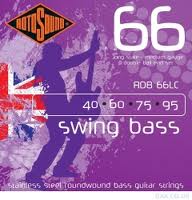 Flatwound strings have a round core, but the winding has a rounded square cross-section. These strings cause less damage to the frets and fretboard and produce quieter squeaks when sliding up and down the fretboard. However the sound is not as bright as roundwound strings. Flatwound strings are popular with jazz guitarists.
Flatwound strings have a round core, but the winding has a rounded square cross-section. These strings cause less damage to the frets and fretboard and produce quieter squeaks when sliding up and down the fretboard. However the sound is not as bright as roundwound strings. Flatwound strings are popular with jazz guitarists.
Roundwould strings have a round core and round winding, They usually have a brighter sound.
Strings for classical guitars
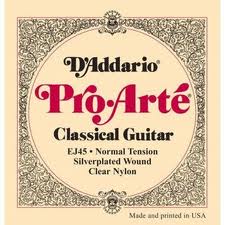 These guitars use nylon strings. Can you put steel acoustic strings on a classical or flamenco guitar? No, the tension of steel strings is a lot higher than nylon strings. Acoustic guitars have a truss-rod through the neck, which help to support the neck under the tension. Classical guitars do not have a truss-rod, so the neck would almost certainly bend or even crack under the tension of steel strings.
These guitars use nylon strings. Can you put steel acoustic strings on a classical or flamenco guitar? No, the tension of steel strings is a lot higher than nylon strings. Acoustic guitars have a truss-rod through the neck, which help to support the neck under the tension. Classical guitars do not have a truss-rod, so the neck would almost certainly bend or even crack under the tension of steel strings.
Tension of strings is similar in principle to acoustic strings. It is down to experiment and personal choice and what suits your guitar.
Augustine strings do not indicate the tension on the packets, but black are low tension, red is medium tension and blue are high tension. LaBella 900 (blue packet) are a “low squeak” classical string.


